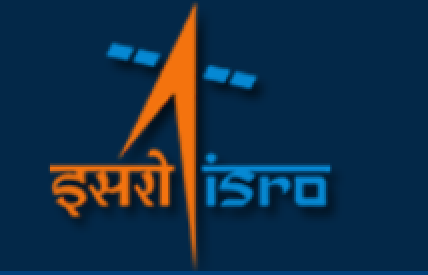
(Photo : www.isro.gov.in)
- Axiom Space, a U.S. startup, is considering using Indian launch vehicles for its international space station mission.
- India's space sector has seen significant growth, with a $119 million venture fund supporting space startups and two companies building the country's first privately-built rockets.
- The world's first wooden satellite, LignoSat, was launched into space by Japanese researchers, demonstrating the potential of renewable materials in space exploration.
- Despite market uncertainties, the luxury goods industry is expected to expand, with growth of 19%-21% in 2022 after a contraction in 2020 due to the Covid-19 pandemic.
The U.S.-based startup Axiom Space is considering the use of Indian launch vehicles to support its international space station mission. Axiom Space, one of the few companies constructing a private space station, is in talks with India's space agency, ISRO, and India's private launch companies. The move comes after India and the United States entered into a Space Flight Agreement in August to work alongside Axiom's upcoming mission to the ISS. The private space station by Axiom is intended to eventually replace the International Space Station (ISS), which the U.S. National Aeronautics and Space Administration (NASA) expects to retire around 2030.
India's Space Sector and Global Economic Outlook
India's space sector has seen significant growth and development in recent years. Earlier this year, India opened its space sector to private players and created a 10 billion rupee ($119 million) venture fund to support space startups. In September, the ISRO completed the final developmental flight for its Small Satellite Launch Vehicle, and planned to hand its design to private companies. At present, two Indian companies, Skyroot and Agnikul, are building the country's first privately-built rockets that can carry a payload of up to 300 kg (661 lb) into low Earth orbit.
Despite the progress, India only has a market share of about 2% in commercial space activities and demand is still largely dependent on global clients, while well-established companies in U.S., Russia and China are formidable rivals. However, Indian space companies have already seen an influx of funding - $126 million in 2023, which was up 7% from the $118 million raised in 2022 and a 235% increase from the $37.6 million raised in 2021, according to Tracxn data.
Global Developments in Space and Luxury Goods Market
In a related development, the world's first wooden satellite, built by Japanese researchers, was launched into space. The satellite, named LignoSat, was flown to the International Space Station on a SpaceX mission, and later released into orbit about 400 km (250 miles) above the Earth. The palm-sized LignoSat is tasked to demonstrate the cosmic potential of the renewable material as humans explore living in space.
In the luxury goods market, despite uncertain market conditions, the industry is poised to see further expansion next year and for the rest of the decade to 2030. The overall luxury industry tracked by Bain & Company encompasses both luxury goods and experiences. It comprises nine segments, led by luxury cars, luxury hospitality, and personal luxury goods, which together account for more than 80% of the total market. After a severe contraction in 2020 due to the Covid-19 pandemic, the market grew back to €1.15 trillion in 2021 and surprised everyone in 2022 by further growing 19%-21%.
* This is a contributed article and this content does not necessarily represent the views of btin.co.in









